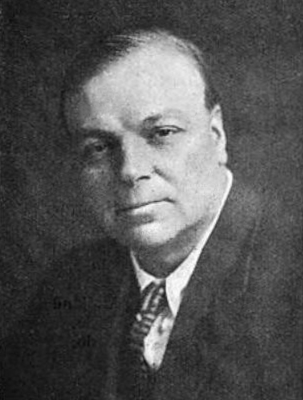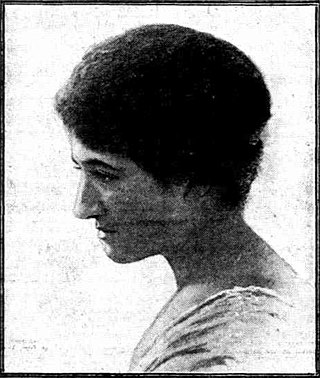
Sir Henry Walford Davies was an English composer, organist, and educator who held the title Master of the King's Music from 1934 until 1941. He served with the Royal Air Force during the First World War, during which he composed the Royal Air Force March Past, and was music adviser to the British Broadcasting Corporation, for whom he gave commended talks on music between 1924 and 1941.

The Elder Conservatorium of Music, also known as "The Con", is Australia's senior academy of music and is located in the centre of Adelaide, the capital of South Australia. It is named in honour of its benefactor, Sir Thomas Elder (1818–1897). Dating in its earliest form from 1883, it has a history in professional training for musical performance, musical composition, research in all fields of music, and music education. The Elder Conservatorium of Music and its forerunners have been parts of the University of Adelaide since the early 1880s. The current Director is Professor Anna Goldsworthy.

Edgar Leslie Bainton was a British-born, latterly Australian-resident composer. He is remembered today mainly for his liturgical anthem And I saw a new heaven, a popular work in the repertoire of Anglican church music, but during recent years Bainton's other musical works, neglected for decades, have been increasingly available in commercial recordings.

Harry Lancelot Dossor was a British-born classical music concert pianist and teacher who emigrated to Australia in May 1953.

Sir Thomas Elder was a Scottish-Australian pastoralist, highly successful businessman, philanthropist, politician, race-horse owner and breeder, and public figure. Amongst many other things, he is notable for introducing camels to Australia.
Lionel Albert Jack "John" Bishop was an Australian academic, conductor and patron of the arts. Bishop played a leading role in the development of music education in Australia and was a founder of the Adelaide Festival of Arts.

Harvey Grace (1874–1944) was an English musician: a composer, conductor, editor and teacher, best known for the 26 year period he worked as editor at The Musical Times.
Hooper Josse Brewster-Jones (1887–1949) was a musician, composer, teacher and music critic, born near Orroroo on the Black Rock Plain, South Australia.
Carl Crossin OAM is an Australian choral conductor, educator and composer. He is a graduate of the Sydney Conservatorium of Music and the University of Adelaide. He was a director of the Elder Conservatorium of Music in the University of Adelaide in 2010–2014.

Charles Witto-witto Cawthorne was a businessman who, with his father founded Cawthorne and Co, music publishers and retailers in Adelaide, South Australia. He was a proficient musician and important in the history of orchestral music of Adelaide.
John Millard Dunn was an Australian church organist and choirmaster, notable for his long-standing tenure at St Peter's Cathedral, Adelaide, where he served for 44 years.
Joshua Ives was the first Professor of Music at the University of Adelaide and founder of the Elder Conservatorium of Music.
Immanuel Gotthold Reimann RAM, CMB, generally known as I. G. Reimann or Gotthold Reimann, was a South Australian musician and teacher of music. He founded the Adelaide College of Music, which became the Elder Conservatorium.
August Moritz Hermann Heinicke, only ever known as Hermann or Herr Heinicke, was a German-born violinist and music teacher in South Australia. He founded Heinicke's Grand Orchestra and was the first conductor of the Adelaide Conservatorium orchestra.

John Matthew Ennis, invariably referred to as Matthew Ennis or J. Matthew Ennis, was an English pianist and organist who had a substantial academic career in Adelaide, South Australia.
John Adam Horner OBE FRCO LRAM was a Scottish organist, choirmaster and music teacher in South Australia.
Norman Chinner OBE LRSM was a South Australian organist and choirmaster.
Dr. Robert Dalley-Scarlett was an Australian organist, choirmaster, composer and musicologist.

Ruby Claudia Emily Davy was an Australian pianist, composer and educator. She was the first woman in Australia to receive a DMus degree.

Clara Serena Kleinschmidt was an Australian operatic contralto singer, professionally known as Clara Serena. She had a successful career in London and in Europe, which was interrupted by the World War I, and resumed in 1923 with Roy Mellish, her accompanist and husband. They retired to South Australia in 1951.










